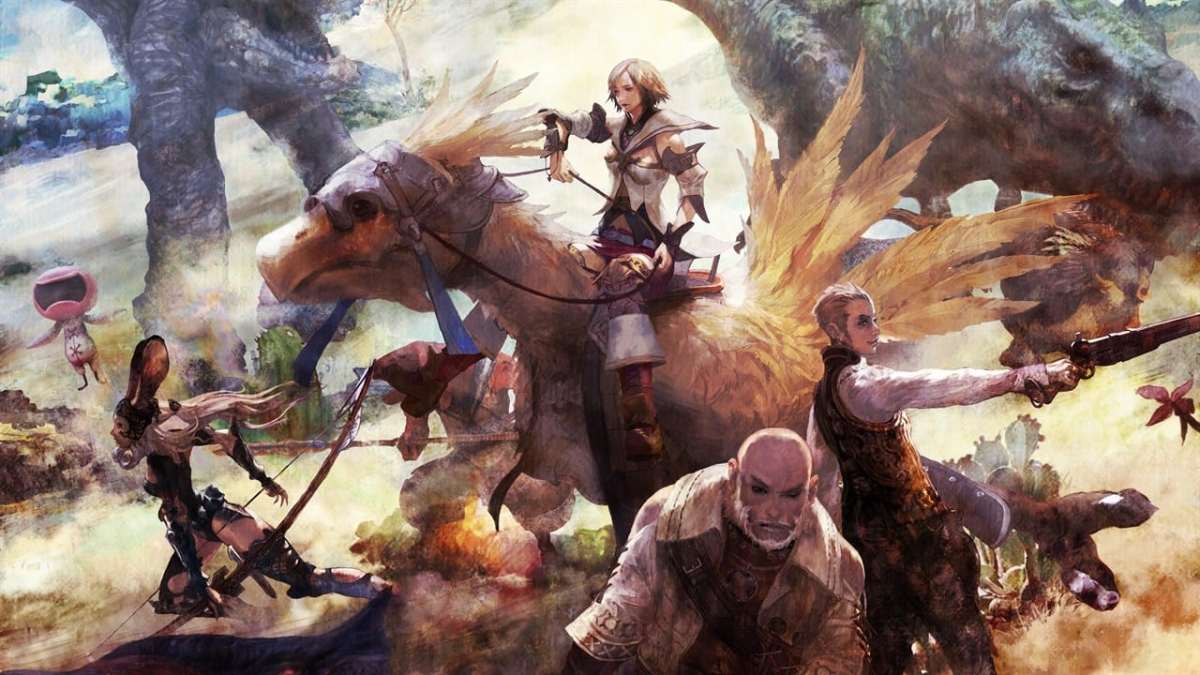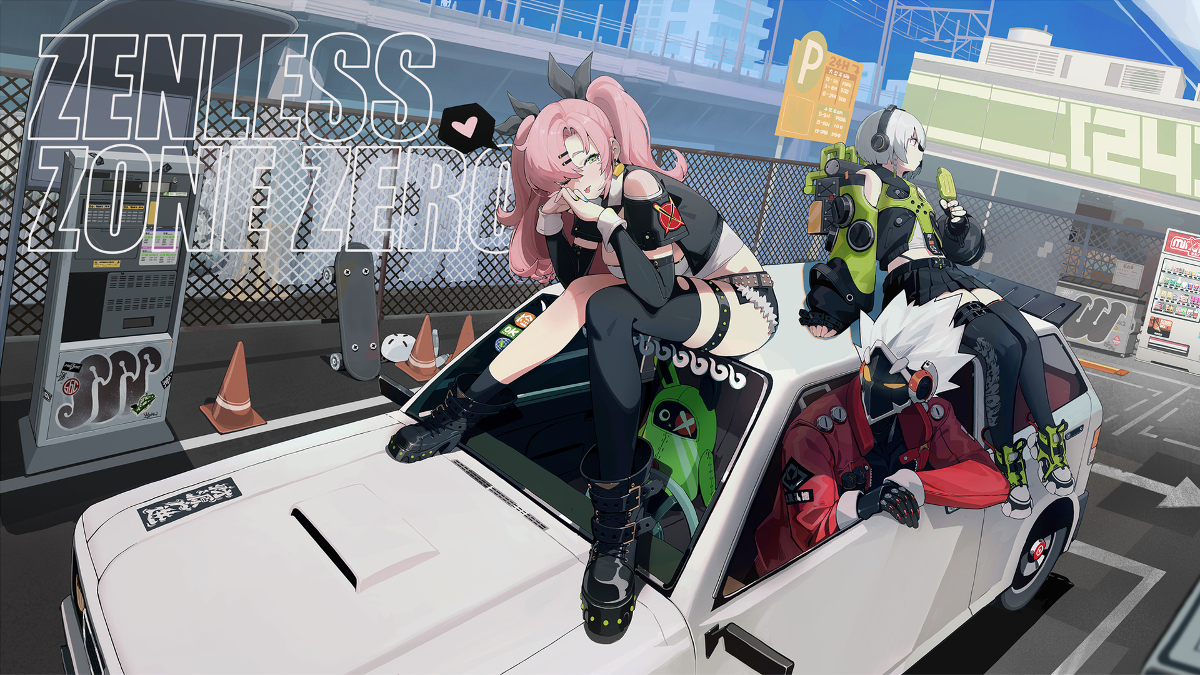I’ve been replaying a lot of classic JRPGs lately. Getting lost inside a massive adventure is a good way to experience a bit of virtual tourism and forget that we’ve all been locked inside our homes for the past year. From formative SNES classics, to forgotten PlayStation 1 gems by Square Enix, to Atlus’ Persona series, each of these games has given me an excellent adventure that further illuminated what game design was like during its era and how each went on to influence games to this very day.
These games varied drastically in setting, tone, and mechanics. From the RPG zenith of Chrono Trigger, to the modern urban horror of Parasite Eve, to the high school simulation of Persona 4 Golden, to the love-it-or-hate-it experimentation of Final Fantasy XII, the games have all delivered their own unique brand of enjoyment. However, there’s one feature that transcends all of these different subgenres, one that I’ve come to feel should become a staple of any JRPG re-release going forward — the ability to speed up time in both exploration and combat.
I didn’t realize just how much this feature could help keep me engaged with a sprawling RPG until I started replaying a bunch of the Final Fantasy games on Nintendo Switch. I wanted to blast through Final Fantasy VII in preparation for the release of its Remake last April. And honestly, with so many other games on my plate that I had to play for other work projects, the quality-of-life changes made in these updated ports were an absolute godsend. Simple things like minimal loading times and the Switch’s portability helped make the process a smooth one. But the ability to crank up the in-game speed to 3x the normal pace is what really got me to put my nose to the grindstone and finish the JRPG over the course of a few days.

Zipping my way out of Midgar, blazing across the world map, and absolutely cruising through grindy battles where I didn’t need to deploy too much thought and strategy allowed me to experience a game I’d already played several times before in a brisk and consumable manner. In fact, I was making such good time that I managed to crack through my previous hangup of always stopping right before the end of the game, and I actively decided to descend into the Northern Cave and take out Sephiroth. I was able to fully explore the game in under 20 hours.
This speed increase is also present in Final Fantasy VIII and IX, but it’s perhaps most useful in Final Fantasy XII, where the boost almost makes it feel like a completely different game. Because of how its Gambit system works, you put in all of the legwork before battles in terms of setting up your characters, assigning their abilities, and using the internal logic of “if-then” statements to determine how they’ll react in various combat scenarios. If you did your homework right, you’re just sitting back and watching battles unfold, meaning that increasing the speed doesn’t take away any of the strategy whatsoever.
Cut to a few weeks ago. I decided to jump into Final Fantasy X HD on Switch. While I loved it when it first released in 2001 on PlayStation 2, I hadn’t played through it since. Turns out that game doesn’t have the speed-up options of its siblings, and man oh man, replaying this JRPG is turning out to be a real slog. Its slow opening 10 hours are dragging me down, and grinding has been a chore. Plus, I just had to go through my first Blitzball match, which made things so much worse. Comparing this to any of the aforementioned games feels like night and day.

The Final Fantasy series isn’t the only one that benefits from speed options or stumbles because of a lack of them. Dragon Quest XI S lets you toggle the battle speed between Normal, Fast, and Ultra Fast. And while these settings don’t transfer to your overworld movement, they helped make playing through its massive campaign a year ago a joy. Conversely, I recently went back to replay Persona 3 Portable on Vita. And as much as I love that game and series — I probably spent 200 hours playing Persona 4 Golden and Persona 5 Royal in 2020 and plan on devouring Persona 5 Strikers in a few weeks — having to grind at a standard pace makes me miss that ability to speed things up.
I have a pretty deep backlog of classic PS1 JRPGs on my Vita like Chrono Cross, Vagrant Story, Suikoden, and Xenogears that I’ve been meaning to go back to, but the fact that I’ll have to play them entirely at regular speed keeps me from happily jumping into any of them. I know it’s dumb to complain about experiencing games the way they were originally designed to be played, but the quality-of-life improvements in some of the recent ports has spoiled me.
While writing this piece, I realized that this speed option reminded me of the way I used to play certain SNES games when I was a kid. Growing up, we had two different SNES controllers with our console — one of the standard official Nintendo ones, and a third-party Ascii Pad. My older brother would always use the official one, so I got stuck with the Ascii. But despite being oddly shaped, the Ascii had the ability to toggle each individual button to autofire, which made blasting through menus a breeze. While this didn’t really help in platformers like Donkey Kong Country or timing-based RPGs like Super Mario RPG, it ended up becoming a godsend in certain RPGs like EarthBound. To this day, despite having the SNES Classic plugged in at all times, I’ll dig out my original console and the old reliable Ascii if I’m in the mood to replay EarthBound.

Now, I don’t feel this way about all media. I know a lot of folks do this, but the idea of listening to podcasts at 1.25x or 1.5x speed seems so strange to me. But for these specific instances of classic JRPGs, having the option to speed things up can be the difference between my bouncing off a game after a few hours or seeing it through to the end.
A lot of genres have these quality-of-life elements that make a world of difference. Tough platformers like Super Meat Boy and Celeste keep you coming back for more because your character respawns instantly after death. Certain move-based puzzle games like Catherine allow you to rewind a certain amount of moves, giving you a bit of leeway if you pin yourself into a corner. This feature is also present in The Disney Afternoon Collection, which is a blessing for some of those tough 8-bit classics. And any game that’s heavy on the cutscenes should allow you to pause them or skip them entirely on repeat playthroughs.
March and April are currently looking a bit light on new releases. Obviously that could all change with a single Nintendo Direct or a surprise announcement, but for now, I’m planning on using those months to clear through a chunk of my backlog, in addition to dipping into some classic games I’ve been meaning to replay. And now that I’ve seen the light of just how playable RPGs can be with the right quality-of-life options, that’s absolutely influencing what I’m planning to play in those months.





